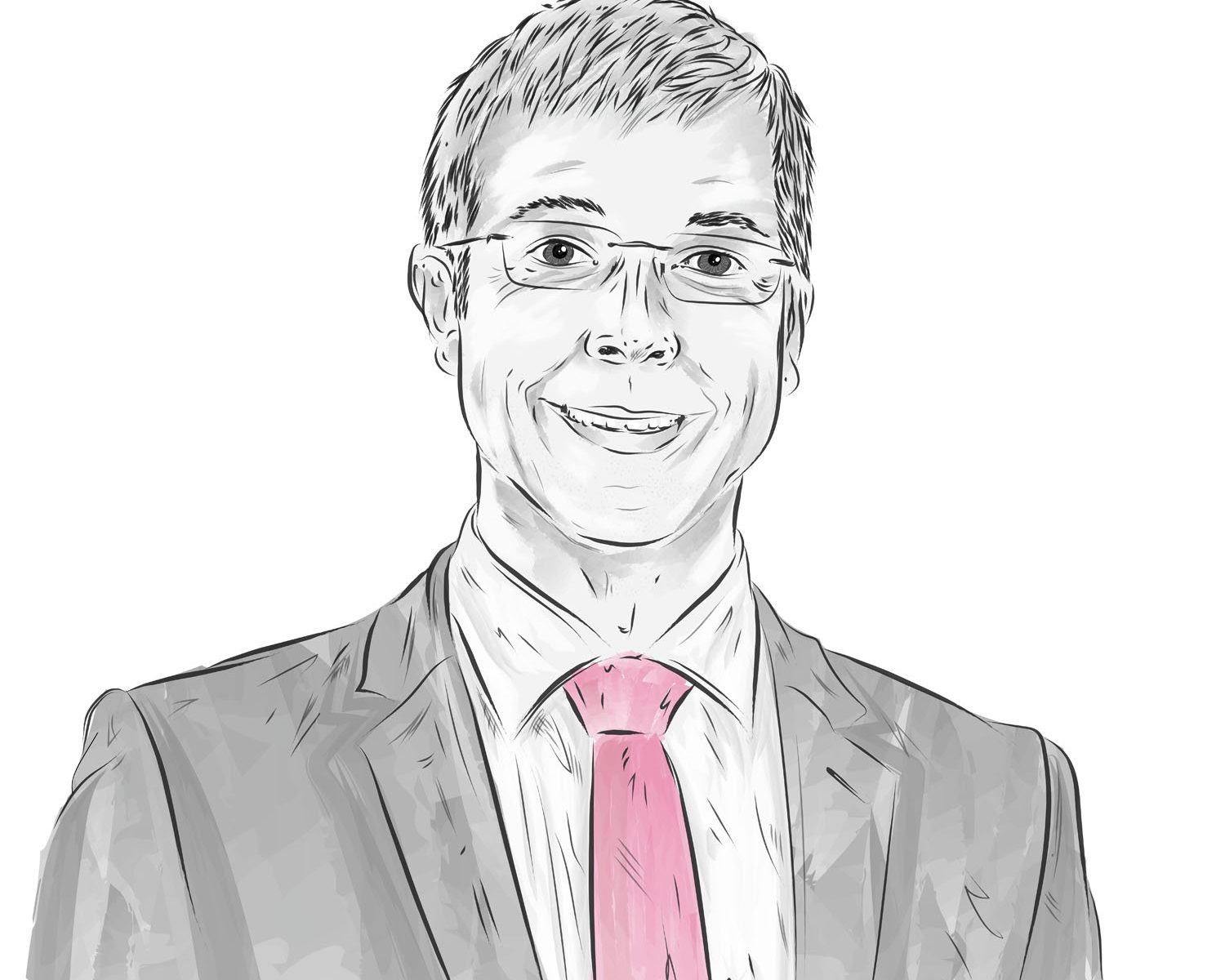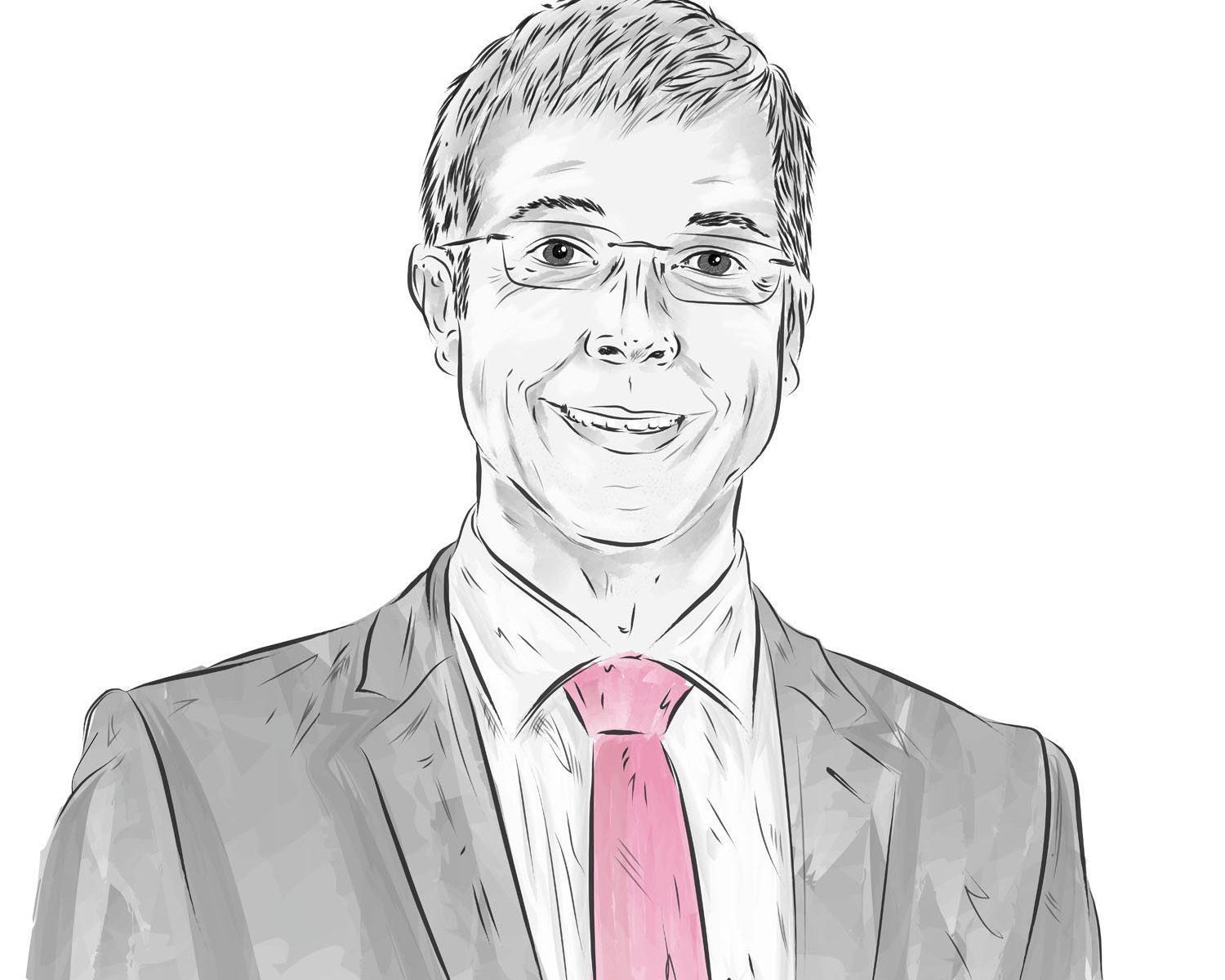How would you define your Luther’s culture? How important is firm culture to you?
At Luther, we are living an open, teamwork-oriented, and business-driven culture with a clear focus on the needs of our clients. We also encourage an environment of continuous learning. The firm culture is very important since it holds us together and sets the basis for our joint approach. It is also reflected in the Luther brand: ‘Hits the mark’. Luther stands for expertise and commitment. With enthusiasm for our profession and the matter; we work out precise answers. We strongly believe we can achieve more by bringing together experts with a broad range of knowledge and perspectives.
What’s the main change you’ve made in the firm that will benefit clients?
In recent years we have increasingly concentrated on anticipating new developments in our clients’ industries and working together in interdisciplinary teams. We are always available for our clients, not just when problems arise. This kind of tailor-made approach is highly appreciated by our clients, as we are not only pure problem solvers but we also think about future obstacles in times of rapid change.
What are the biggest challenges facing firms of your size in Germany?
The handling of mass litigation is a big challenge. You need people, but you also need the tools and infrastructure to handle many lawsuits effectively. Besides, it is not easy to keep the balance between local and
organisation-wide commitment.
Our locations in Germany traditionally have strong roots in their respective regions. You have to remain faithful to these roots and at the same time integrate these structures into a growing organisation that operates on a national and international level.
One of the biggest challenges facing law firms in Germany is the recruitment of talent. The demand for legal advice is very high, but the talent market is sparse.
What are the best ways to retain talent – both at partner and associate levels?
To inspire candidates to work for Luther at the associate level, we maintain contact with universities and host events for promising candidates. A few weeks ago, for example, we invited former, active and future trainees to a joint evening in Cologne.
At partner level, we continuously offer new perspectives and support business development. This approach provides incentives for both, existing and new partners. At the beginning of the new financial year, we have, for example, appointed five new partners. The promotion of young talent is supported by our partner development programme, which we have been running since 2014. Senior associates with partner ambitions, and who have potentially great skill sets, receive support in developing their own business case for partnership. In cases where we would like to further expand specific areas, we naturally also make use of lateral hires.
What do you think are the top three things most clients want and why?
Competence, trust and a deep understanding of the industry are the cornerstones of a good client relationship. I am convinced clients want top-notch advisers they can trust, who think ahead and who have access to all necessary resources for handling complex situations. This is what we understand as full service: interdisciplinary teams that can be expanded or reshaped when needed. I also believe that the role of legal advisors is shifting towards more of a general consultant when it comes to new areas in which legal conditions are still developing.
Since becoming managing partner, what’s surprised you most about running a firm?
The most interesting experience for me was to be confronted with the idea of leadership in a new way. On the one hand, lawyers act very independently; we have a very strong entrepreneurial approach among our ranks. On the other hand, however, many are also seeking leadership and guidance. So, working together on large projects, between these two ideals, can lead to rather difficult situations. The challenge is to bridge the gap between independence and a managed law firm. Both can coexist.


